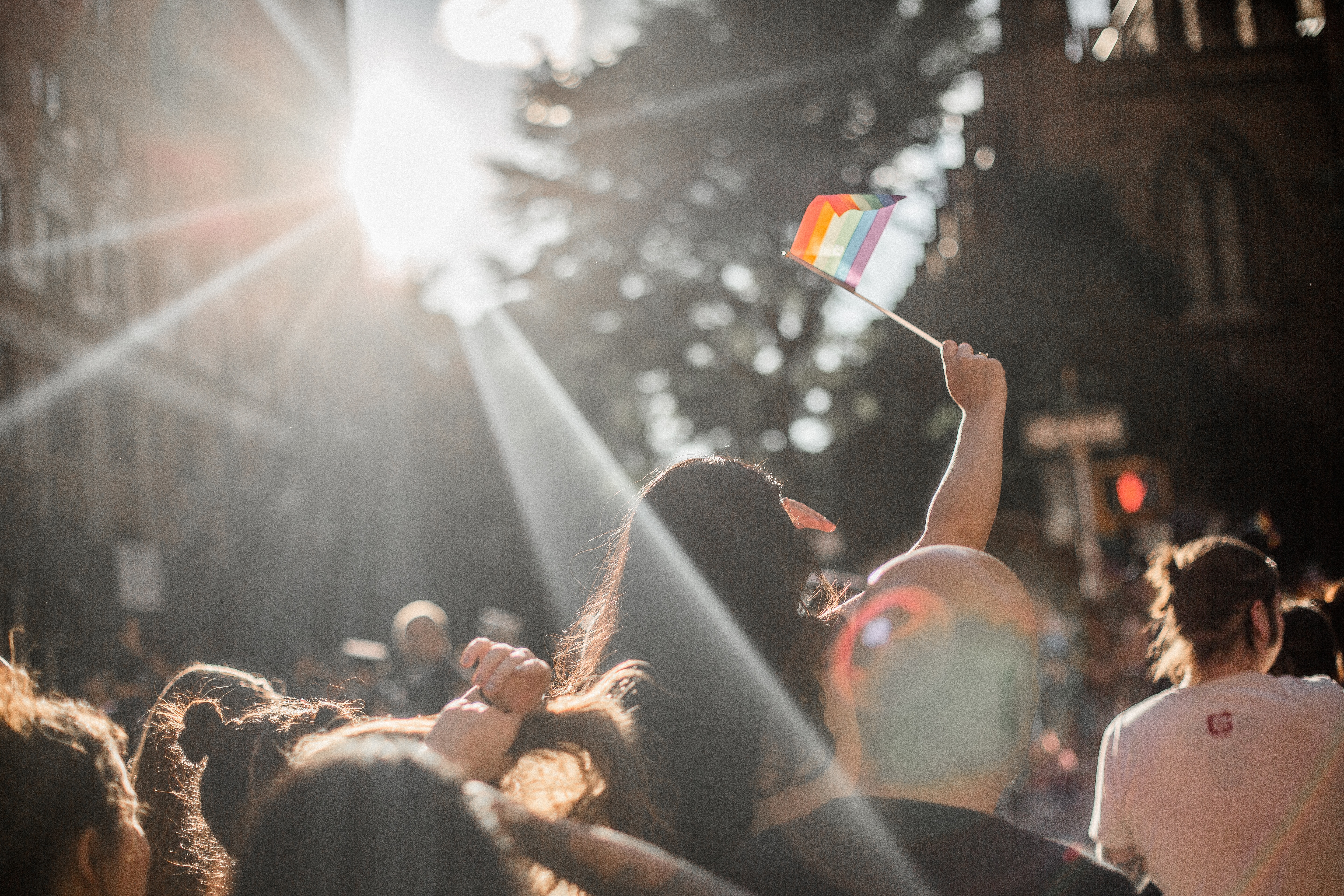Every year on Oct. 11, National Coming Out Day is observed around the world. The day is dedicated to raising awareness of civil rights of the LGBTQ community.
One of the most taxing challenges people in the community face is coming out to friends, loved ones and other key figures in their lives.
“Coming out is one of the most courageous acts any LGBTQ person makes and on this National Coming Out Day that courage remains essential to our continued progress toward full equality,” former Human Rights Campaign President Chad Griffin said in a 2018 statement.
“As LGBTQ people across the nation and around the world continue to come out, opposition to equality will continue to crumble. Sharing our stories is a key way each of us can fight back against attempts to turn back the clock on LGBTQ equality.”
Sinclair’s office of LGBTQ Support will be hosting a series of events in conjunction with the occasion this month.
The first of these is a showing of the film “Boy Erased,” beginning at 3:30 p.m. in Building 12, room 116 on Oct. 8.

“Thanks to Michael Carter and the Office for Diversity, we have the chance to show this film about what happens in a family after a young man affirms his identity as gay,” LGBTQ Support Liasion Larry Lindstrom said. “You won’t be the same after seeing it.”
The second event is a Sinclair Talk titled “The Experience of Coming Out,” led by Brite Signal Alliance advisor Kara Brown from 11:30 a.m. – 1:30 p.m. in the library loggia on Oct. 9.
A student panel will share their perspective on what it means to “come out” and what responses/challenges they have encountered. The second hour of the event will focus on how to be a more effective ally.
“This program will focus on what members of the LGBTQ community would like for allies to know–and what to do,” Lindstrom said.

National Comming Out Day is remembered for the second march on Washington for Lesbian and Gay Rights on Oct. 11, 1987, where half a million people participated and displayed the AIDS Quilt in a time where the disease was viewed as an epidemic.
In the 1980s, HIV and AIDS heavily affected the gay and lesbian communities in the U.S., and many felt the disease was not being researched due to discrimination against the community.
Henry Wolski
Associate Editor
